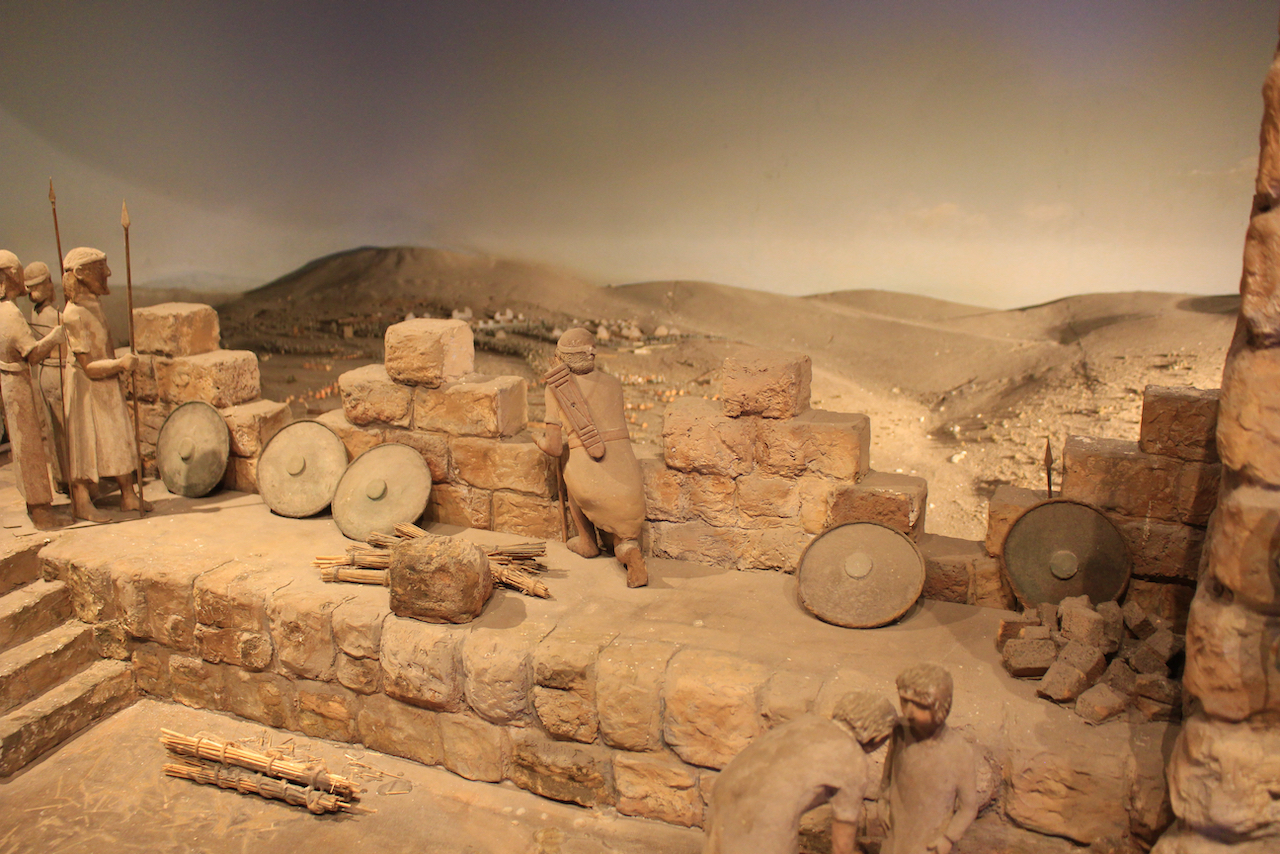When declaring the word of God, often the message we must give is not a popular one and might have an adverse effect on our lives. The same thing happened to Jeremiah.
“This is what the Lord says: ‘Whoever stays in this city will die by the sword, famine or plague, but whoever goes over to the Babylonians will live. They will escape with their lives; they will live.’ And this is what the Lord says: ‘This city will certainly be given into the hands of the army of the king of Babylon, who will capture it.’” (Jeremiah 38:2-3 NIV)
To have to give a message that is unpopular is one thing, but to give one that goes directly against the stated policy of a government can bring bad consequences. Who would want to hear that their country was about to collapse and be captured? The problem for Judah was that this was about to happen. Babylon had besieged Jerusalem and the city was going to fall. God, through Jeremiah, was presenting a choice to the people: go over to the Babylonians and be captured and they would live; stay and they would die.
This was a stark message and not a popular one, nor a politically correct one.
“Then the officials said to the king, ‘This man should be put to death. He is discouraging the soldiers who are left in this city, as well as all the people, by the things he is saying to them. This man is not seeking the good of these people but their ruin.’ ‘He is in your hands,’ King Zedekiah answered. ‘The king can do nothing to oppose you.’ So they took Jeremiah and put him into the cistern of Malkijah, the king’s son, which was in the courtyard of the guard. They lowered Jeremiah by ropes into the cistern; it had no water in it, only mud, and Jeremiah sank down into the mud.” (Jeremiah 38:4-6)
The reaction to Jeremiah’s message by the king and his officials was not good. The officials wanted Jeremiah executed and the king would not stop them. Jeremiah was taken and placed in a cistern in the courtyard of the guards – the implication seems to be until the officials could deal with him. Although the cistern was empty, living in mud would not have been pleasant!
How often do we face opposition in getting God’s message out to those around us? Although what we face is not normally this bad, we can face having opportunities and even facilities taken away from us because our message does not go along with what ‘everyone believes’. We may even lose friendships and positions – at times it might seem that the best thing to do would be to either keep quiet or to reject God entirely.
What we need to remember – which is what those in Jerusalem discovered – is that God is always right. His message didn’t change for the nation of Judah because it wasn’t liked nor will he change it today because it isn’t popular. It may cause people to work against us, but to obey God is always the better course.
Not everyone agreed with what the officials had done to Jeremiah. Ebed-Melek, who wasn’t even an Israelite but a Cushite, approached the king and informed him that Jeremiah would starve to death if left in the cistern – there was no bread left in the city and he definitely would be overlooked. The king allowed him to rescue Jeremiah from the cistern.
Jeremiah then pleaded with Zedekiah: “Obey the Lord by doing what I tell you. Then it will go well with you, and your life will be spared” (Jeremiah 38:20).
The solution was very simple: obey God and surrender to the Babylonians and his life, and those of his family, would be spared as well as the city; if not there were consequences for him and his family and the city would burn.
We face the same choice today: obey and live eternally with God or reject God and face God’s consequences. We, too, need to obey and live!
Jerusalem preparing for attack, The Citadel, Jerusalem, photo by Jon Galloway
Readings for next week: Jeremiah 38-47
- Growing in faith despite difficult circumstances - 2026-01-16
- God’s temple - 2026-01-09
- Do we accept or reject Jesus? - 2026-01-02
